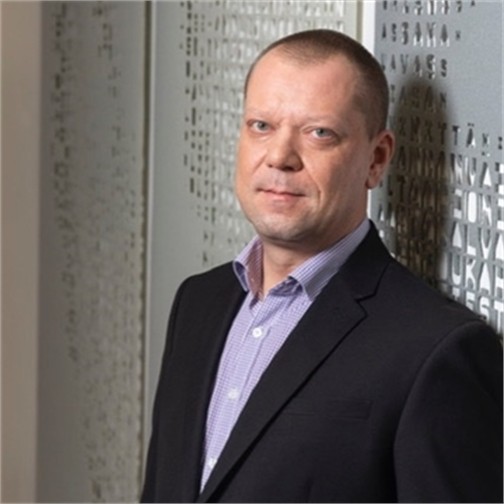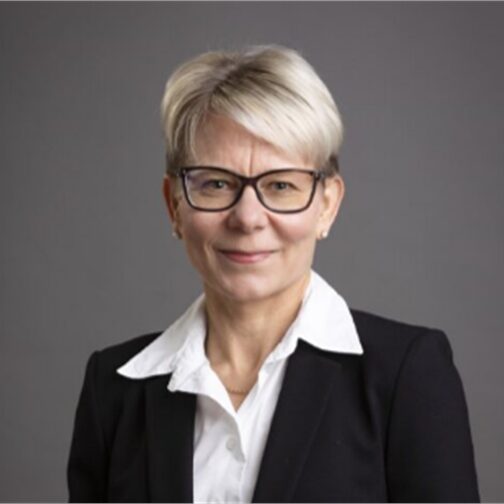Survey: nearly 70% of young people want to make a difference to the world’s big problems in their future jobs
Young people are particularly concerned about climate change, wars and the rising cost of living. Häme University of Applied Sciences (HAMK) mapped young people’s thoughts on big issues that are affecting the world and how motivated they are to influence things through their own study and career choices.
When young Finns (aged 16–25) are asked what worries them most about the future of the world, the top three are clear: climate change, wars and rising prices. This is the result of a survey by Häme University of Applied Sciences (HAMK), which mapped young people’s thoughts on big issues that are affecting the world and how motivated they are to influence things through their own study and career choices.
Young people’s responses highlight the desire to make the world a better place through their own work and career choices. Almost 70% of young people consider it very or fairly important to be able to influence big issues that affect the world in the future through their own work.
“Young people’s crisis awareness and longing for relevance have been on the rise over the past decade, and pandemic years, for example, have increased it even more. Climate change has been a concern for young people for longer, while war and rising prices are related to the times we live in. The fact that almost 70% want to have an impact on big issues in their future work is a significant number. How well do education and working life respond to this challenge?”, says Jaakko Helander, a specialist in study and career guidance at Häme University of Applied Sciences.
Influencing at the individual level is the key
Respondents were also asked what they would be willing to do to make the world a better place. Uncertainty about what to do was prominent in the open-ended responses, but respondents also mentioned smaller individual actions such as reducing consumption and recycling.
When given a set of response options, the most popular ways to improve the world were to consciously reduce one’s carbon footprint through everyday actions (60 %), to make a difference and find solutions through one’s own work (55 %) and to be critical and advocate a critical mindset (44%). Political influence (23 %) and participation in demonstrations (17%) are clearly less important for young people.
“The most popular means come from the individual, at the level of everyday life. Clear minorities are those who are not interested in influencing at all and those who want to influence through extreme means such as civil disobedience,” says Helander.
The young people who responded to the survey were also asked to select 1-3 of the most important factors influencing their choice of study place. The most popular answers were: The opportunity to specialise in a particular field that interests me (57 %), a good salary (53 %) and the chance to use my natural talents in my future job (42 %).
In terms of the relevance of the content of the job and the opportunities to “improve the world”, the response options I have the opportunity to make a difference (19 %) or the opportunity to do globally relevant work and make a difference (16 %) emerge as more important than, for example, graduating quickly (13 %).
Heidi Ahokallio-Leppälä, Vice President of HAMK, says that the results of the survey further confirm the direction in which HAMK has reformed its operations.
“Relevance and the opportunity to make a difference are very important to young people, and we want to respond to this by providing opportunities for all in HAMK to find their own way to build their future and make a difference,” she says.
HAMK has just launced a new brand to better reflect its’ meaningful and impactful work in both research and education. The new brand is summed up in the phrase “The Bettermakers”.
The survey was answered by 600 young people aged 16-25 from all over Finland. Half of the respondents were women and half men. The survey was conducted by Crowst Oy in July 2023.
More details on the survey (pdf, in Finnish).
More information:

